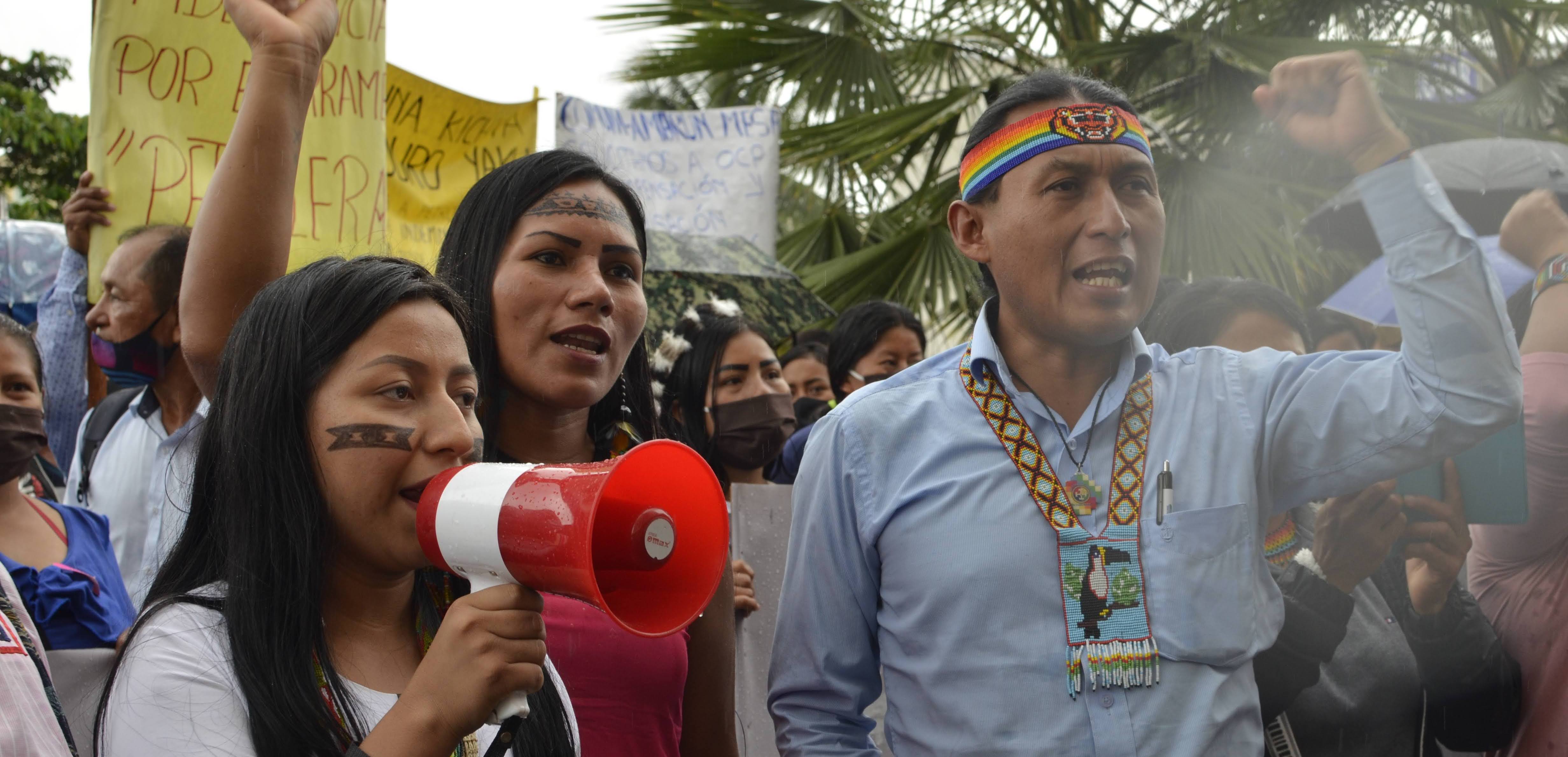
Social Harm
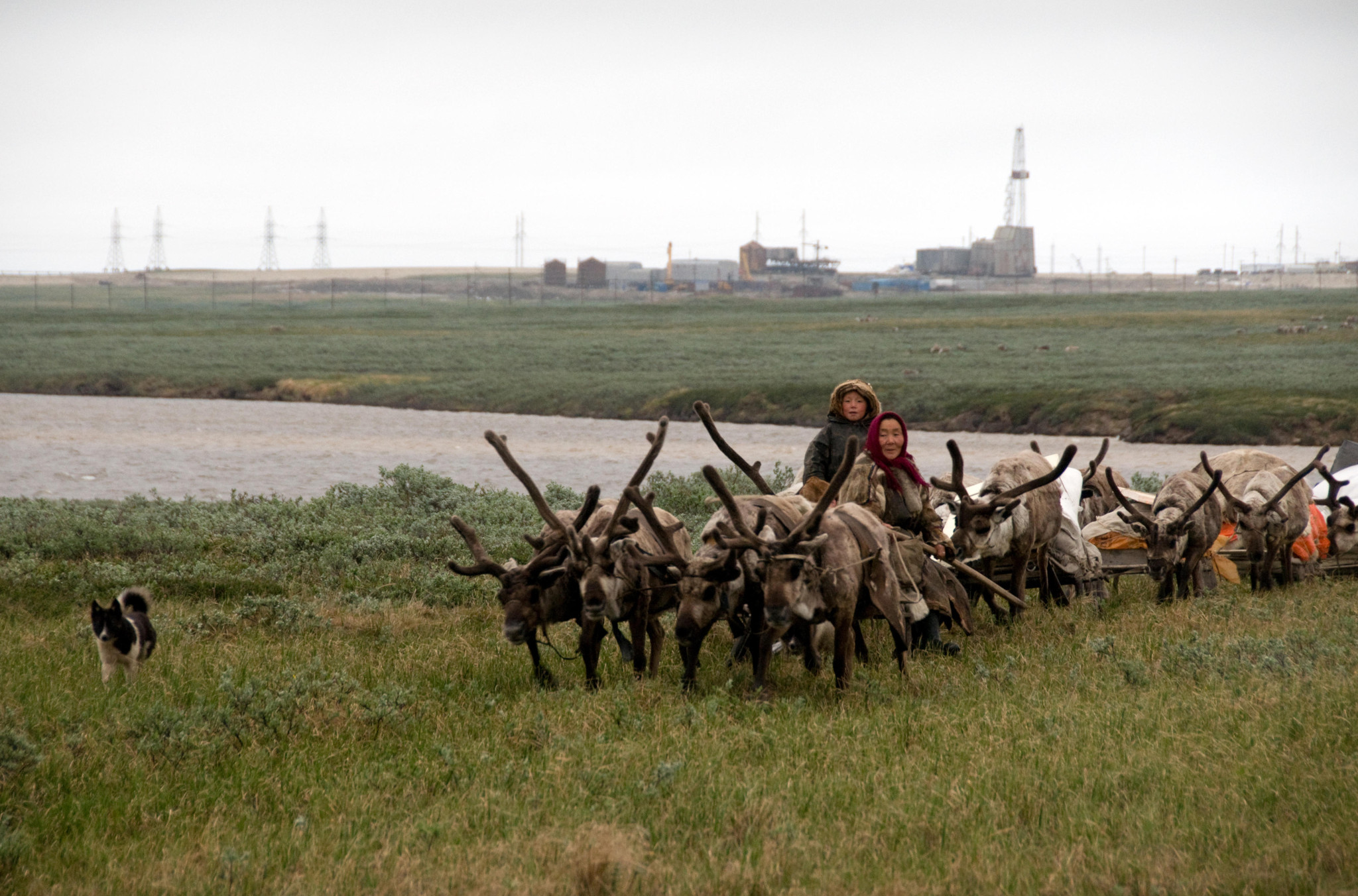
Yamal LNG and Arctic LNG 2: Gas in the Russian Arctic
Fossil gas companies are invading one of the most sensitive ecosystems on the planet: the Arctic wilderness. For thousands of years, the Indigenous Nenets people have been living in harmony with nature on the Yamal peninsula. The Yamal LNG megaproject is threatening the very foundations of the Nenets’ way of life. Despite the harm the gas companies have already done, their next LNG project is underway across the Ob Bay, on the Gyda peninsula: Arctic LNG 2.
Philippines: LNG Boom in the Verde Island Passage
Fossil companies are on track to turn Batangas in the Philippines into an LNG (Liquefied Natural Gas) import hub for Southeast Asia. Together with the Philippine government, they are preparing a massive rollout of LNG terminals and power plants. To realize their plans, the companies are willing to sacrifice the Philippines’ precious ocean life and the people who depend on it. Their LNG plans are a slap in the face for Filipinos whose land is already being swallowed by the rising seas.
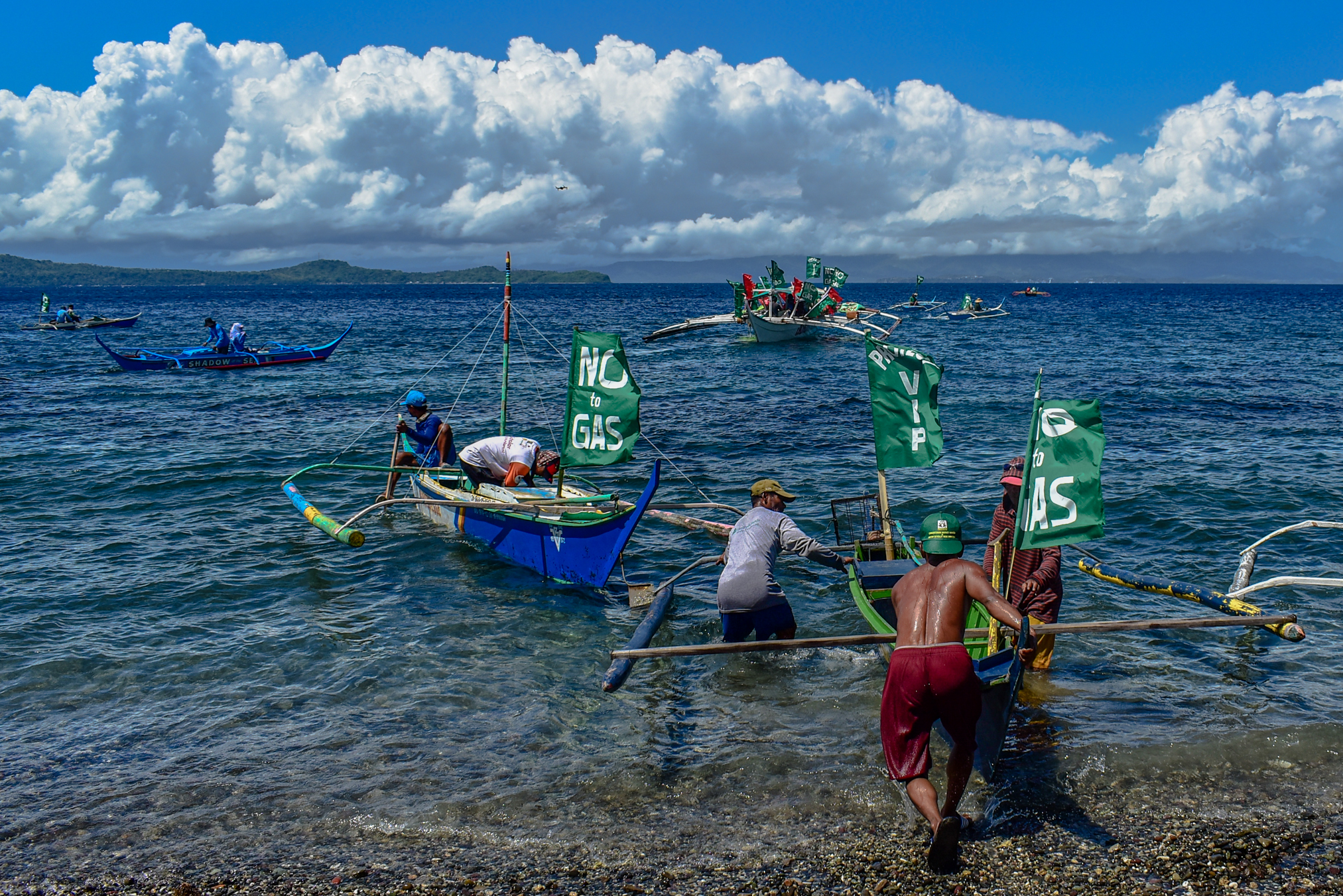
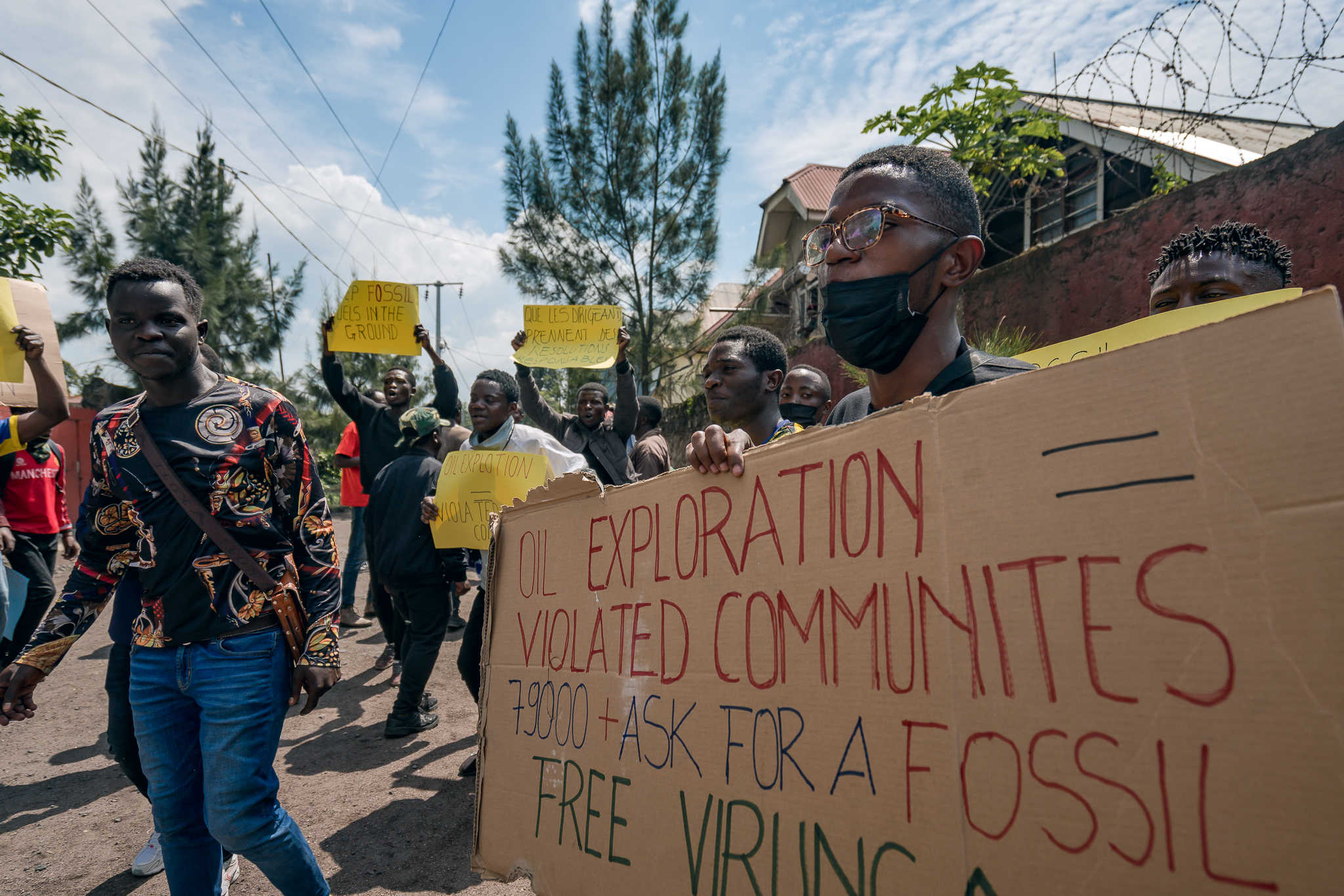
Oil in the Congo Basin: A Carbon Sink Under the Hammer
The Congo Basin is under the hammer. If fossil fuel companies start extracting oil in the Congo Basin, the effects will resonate deep into the rainforest and around the globe. A Congo Basin oil spree would turn one of the world’s largest carbon sinks into a climate killer. Oil companies would be taking an economic gamble that people in the Congo Basin and across the world fiercely reject.
Papua LNG and the Gas Gamble in Papua New Guinea
Gas companies from four different continents have their eyes set on a new project in Papua New Guinea (PNG). TotalEnergies from France has teamed up with US major Exxon Mobil, JX Nippon from Japan, and Santos from Australia to develop the island nation’s second LNG terminal, Papua LNG.
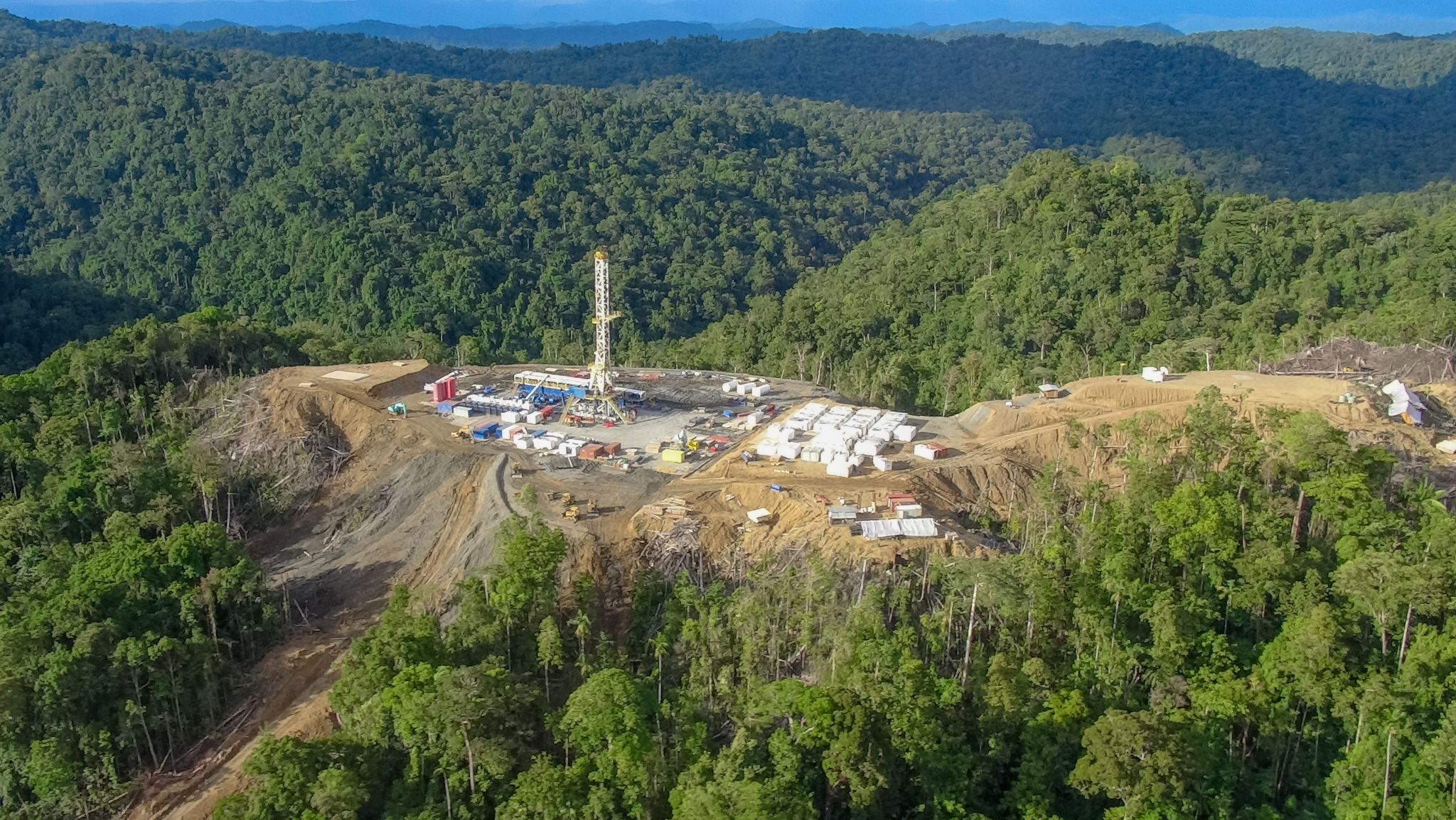
Perenco SA: The Human and Environmental Cost of Cutting Corners
From Gabon to the Democratic Republic of the Congo; Peru to Ecuador, Perenco's activities have left behind them a trail of destruction. Intimidation of critics, dangerous work conditions, invasion of Inidgenous lands: Perenco's disregard for local communities should be a warning for those expecting the company to improve its practices.
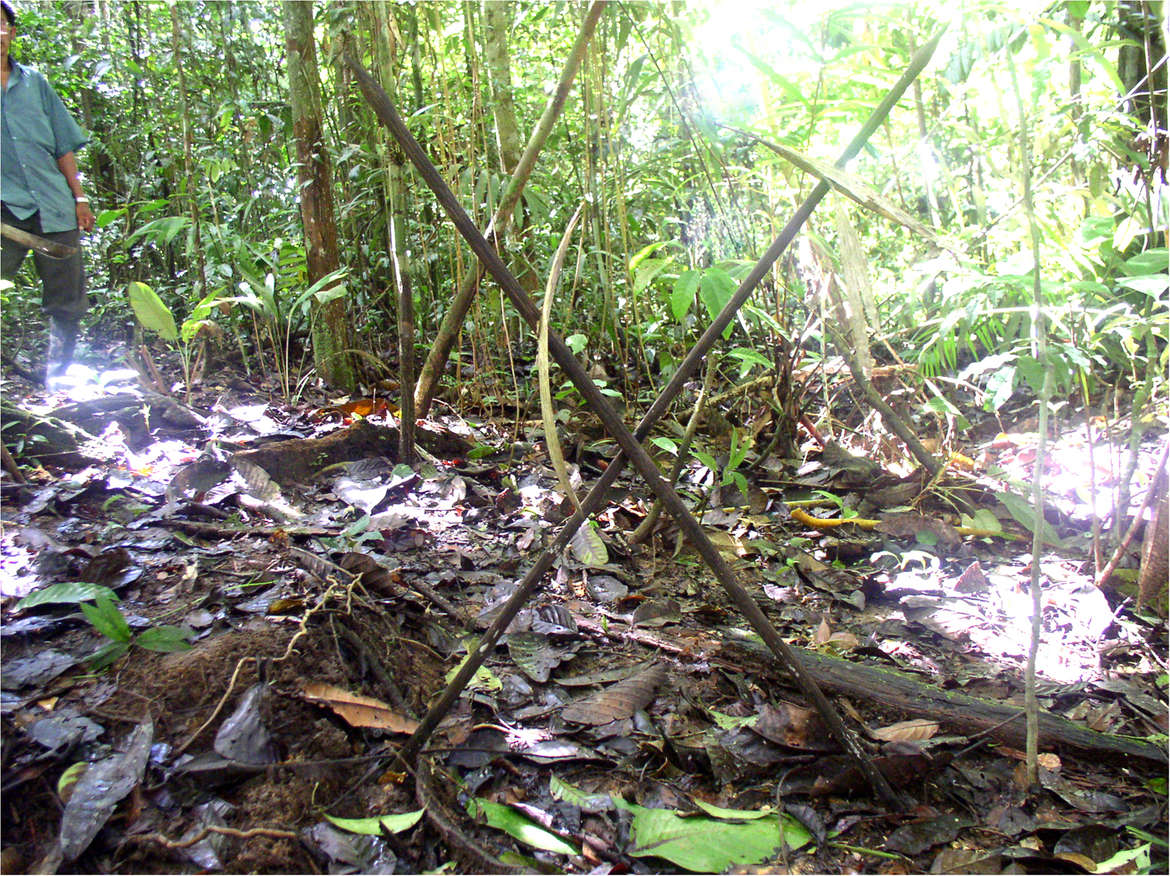
Woodfibre LNG
Pacific Energy Corporation and Enbridge want to launch a dirty and dubious LNG project on Canada’s Pacific coast: Woodfibre LNG. If it goes ahead, Woodfibre LNG will turn fracked gas into LNG for export. The tankers that would ship the LNG abroad are a threat to coastal fjords. Behind Pacific Energy is Indonesian business tycoon Sukanto Tanoto. His companies have been accused of tax evasion and destroying invaluable carbon sinks such as rainforests and peatlands in Asia.
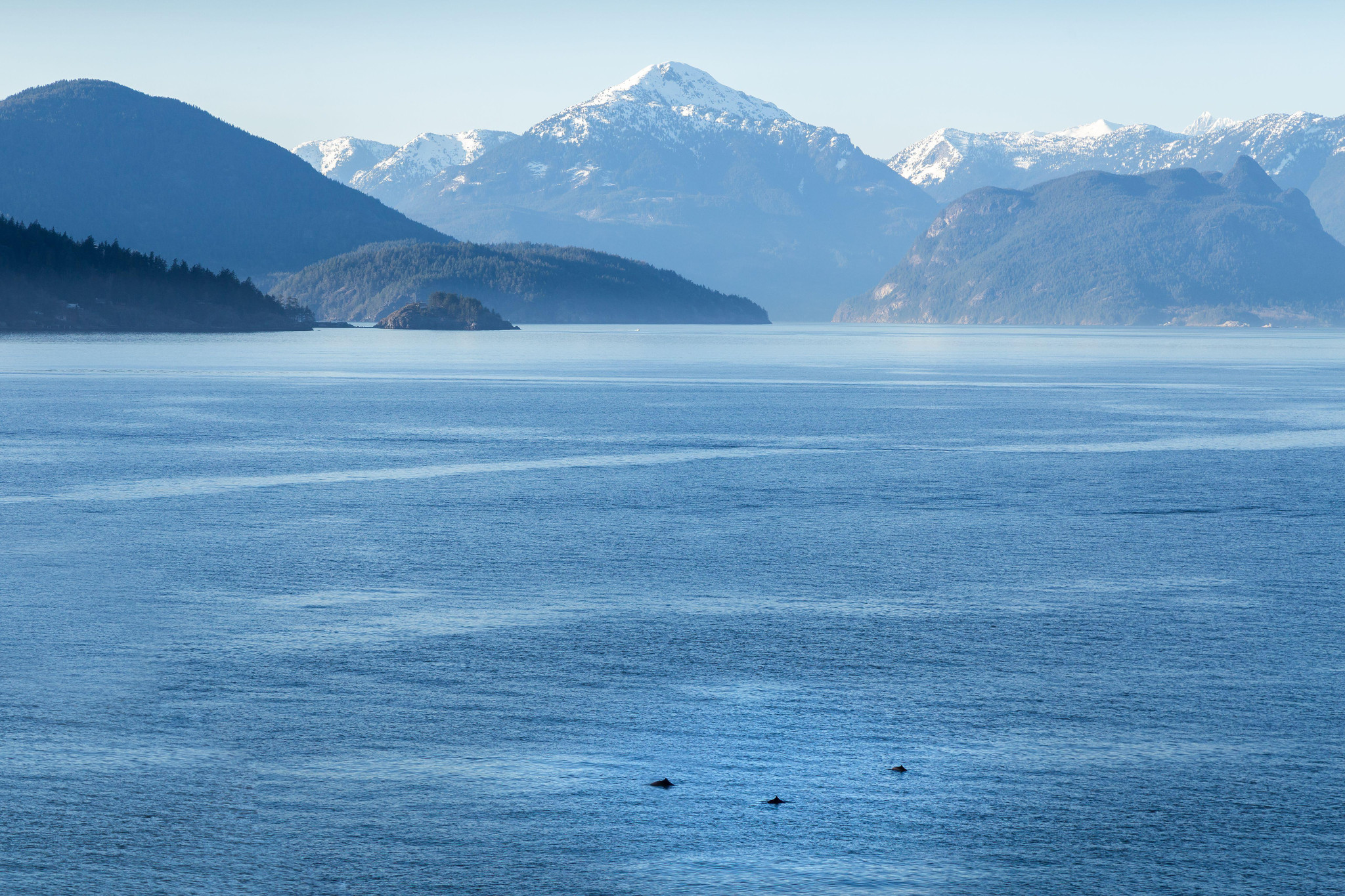
Narrabri Coal Bed Methane Project
During times of drought and wildfires, the Australian company Santos is pushing a project that is putting eastern Australia’s vital water resources at risk. Its Narrabri project is a threat to the water and all those who depend on it: the Indigenous Gomeroi people, local farmers, residents, and the Pilliga forest.
Cabo Delgado, Mozambique: A Resource-Rich War Zone
Different forces are tearing the Mozambican province of Cabo Delgado and its people apart. In a country that was already rife with conflict, ExxonMobil, TotalEnergies, Eni and their partners have come in to build one of the biggest gas projects on the African continent.
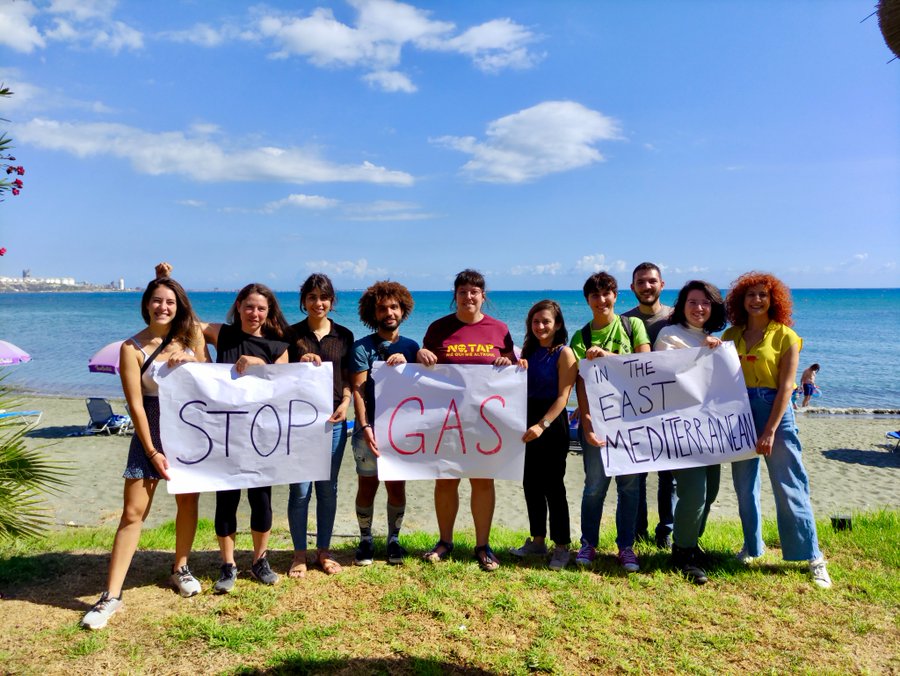
EastMed-Poseidon Pipeline
One of Europe’s largest pipeline projects is a geopolitical and environmental troublemaker. The EastMed-Poseidon Pipeline would originate right off the coast of the war zone in Gaza and could cause further tension between Turkey and Greece. In addition, it would bust European climate targets and threaten the underwater life of the Mediterranean Sea. Palestinian and North Cypriot communities in particular would lose out on the benefits that fossil companies and governments would reap.
Greater Tortue Ahmeyim Project
Off the coast of Mauritania and Senegal, BP plans to extract and liquefy fossil gas in Africa’s deepest offshore project. BP’s project threatens to lock both countries into a fossil development path and puts the world’s largest cold-water reef and migratory bird populations at risk.
Scarborough Gas Field and Burrup Hub
If not stopped, a gas project with a 50-year life span will destroy 40,000-year-old Aboriginal rock art. The project also threatens dolphins, whales and colorful coral reefs. In Australia’s remote North-West on the Burrup Peninsula, the Australian company Woodside wants to start up the country’s most emission-heavy new fossil fuel project: Burrup Hub.
Willow Oil and the National Petroleum Reserve Alaska
ConocoPhillips’ Willow Project is invading one of the most remote and wild areas in Alaska. The company wants to expand further into the Arctic wilderness than ever before. It wants to drill for oil in the Arctic tundra where caribou roam freely and birds from all over the world come to rest and breed. Indigenous people in the Nuiqsut village who rely on subsistence hunting fear that ConocoPhillips will chase the animals away and endanger the Alaska Natives’ way of life.
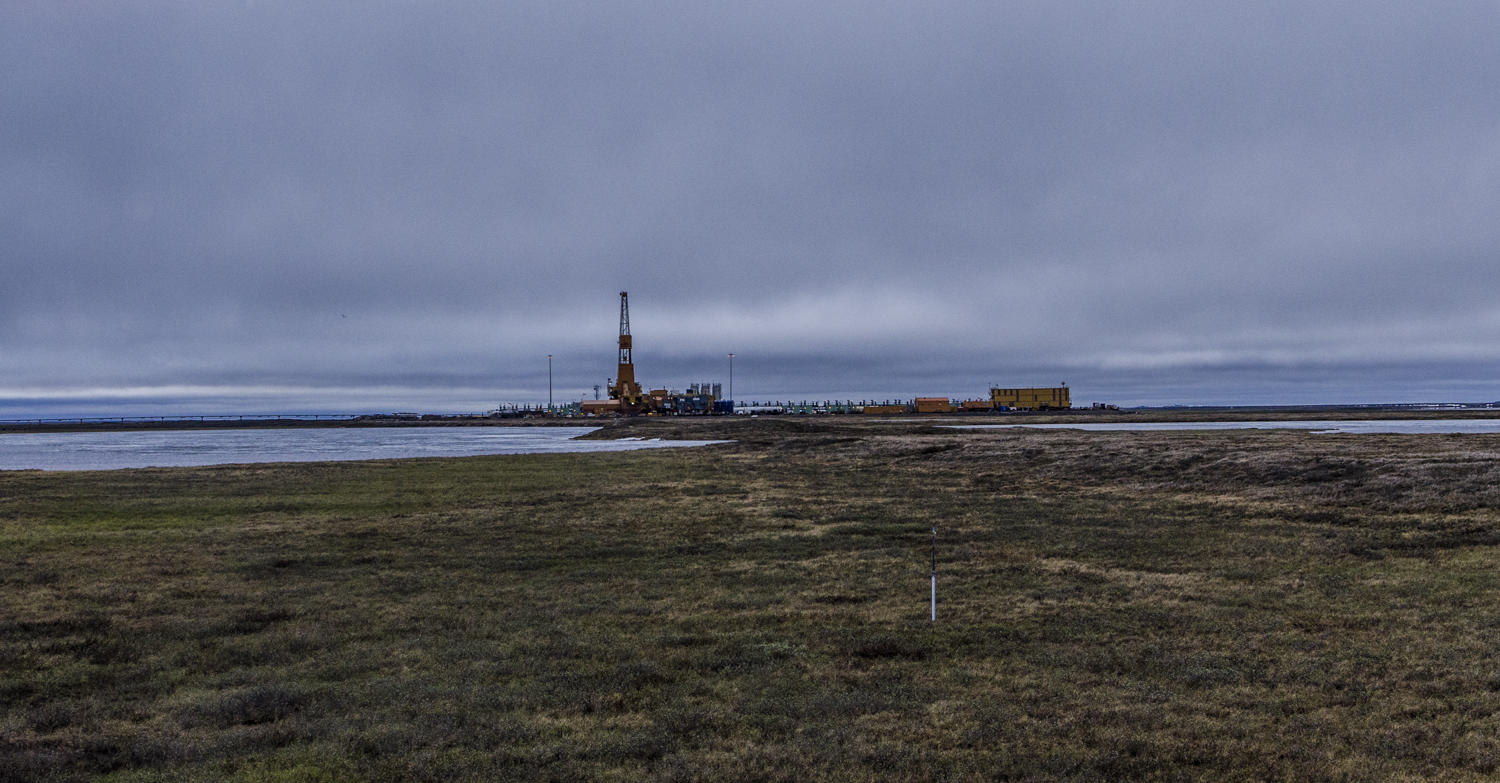
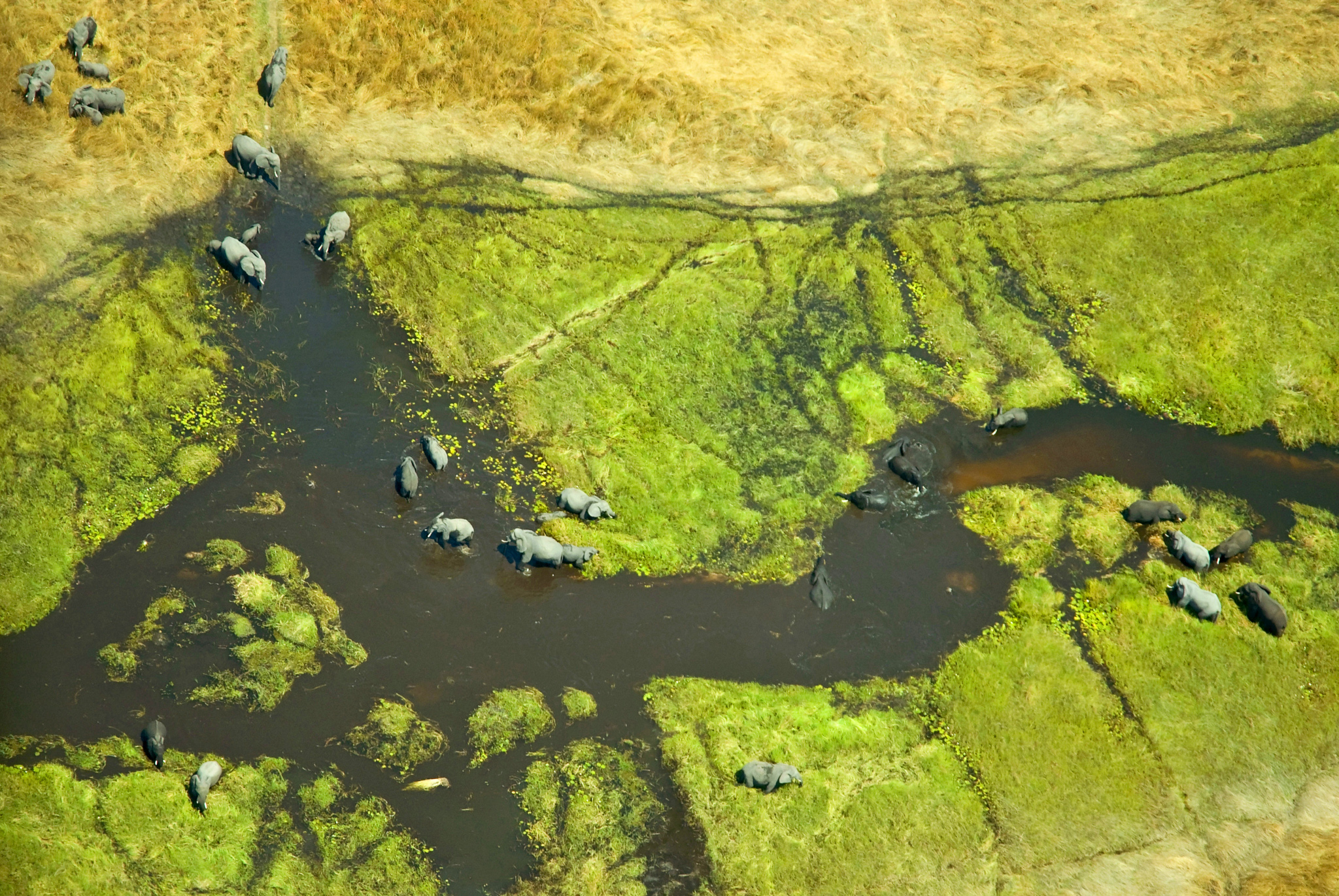
Oil and Gas Drilling in the Okavango Region
In an area reaching from the northeast of Namibia to the northwest of Botswana, the Canadian company ReconAfrica is opening up a new oil and gas frontier. Civil society organizations from both countries have called for an immediate halt of oil and gas exploration as ReconAfrica’s planned megaproject would cause immense harm to local communities and the region’s rich wildlife.
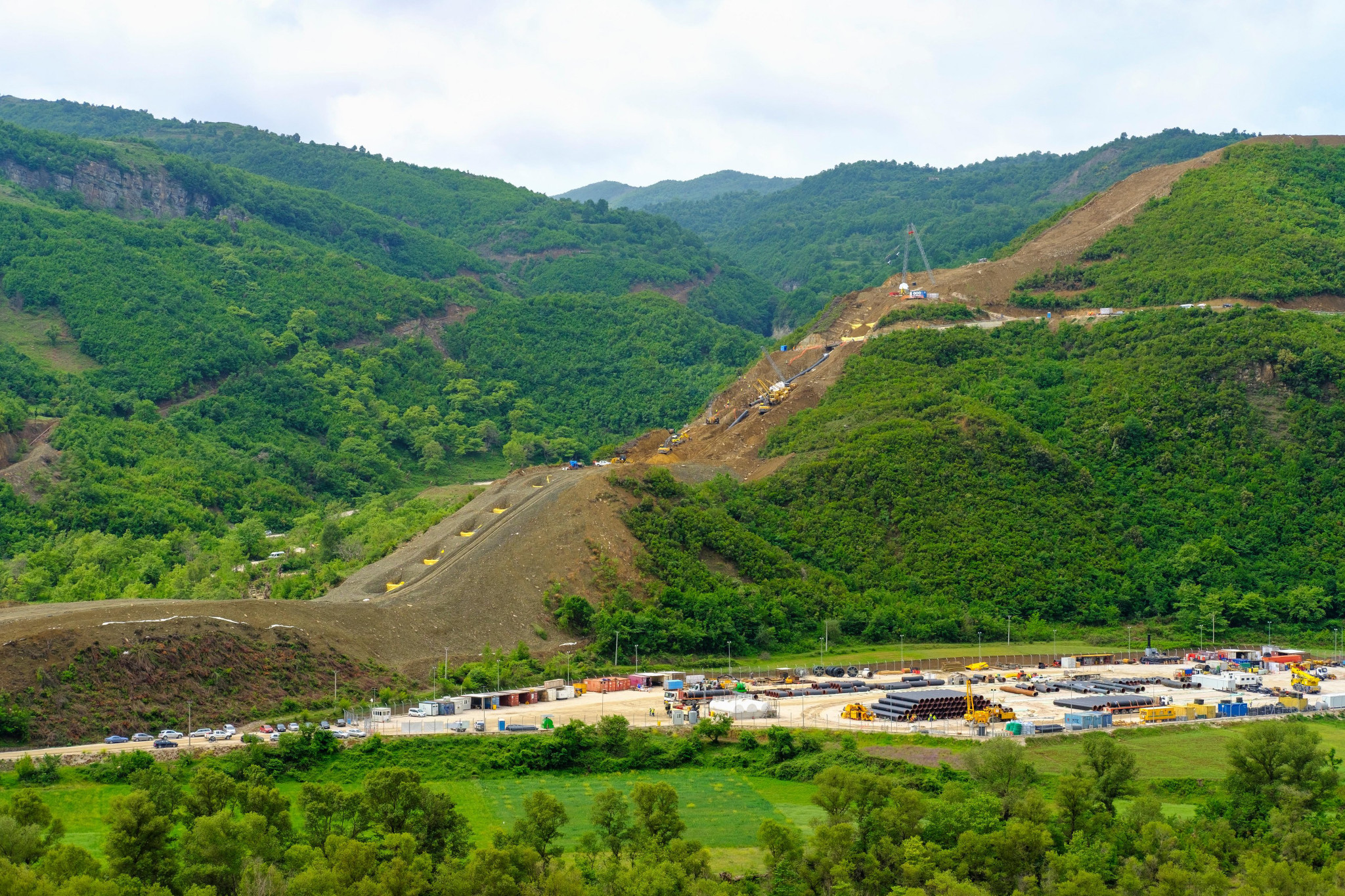
Southern Gas Corridor
From its origin to its end, the Southern Gas Corridor (SGC) leaves a trail of corruption, destruction, and harm. The SGC flushes big profits into the coffers of despotic dictators and gas companies that are blind to human rights abuses. It runs against the goals of the Paris Agreement. All of this comes at the cost of destroyed lands and livelihoods of those who live along the pipeline route.
Fracking in the Permian Basin
Barely an acre of land in the Permian Basin has been left untouched by oil and gas companies. The Permian Basin is a region the size of Great Britain. Bobbing pump jacks, processing plants, oil and wastewater storage tanks, compressor stations, artificial waste pits, frack sand mines and dirt roads are everywhere.
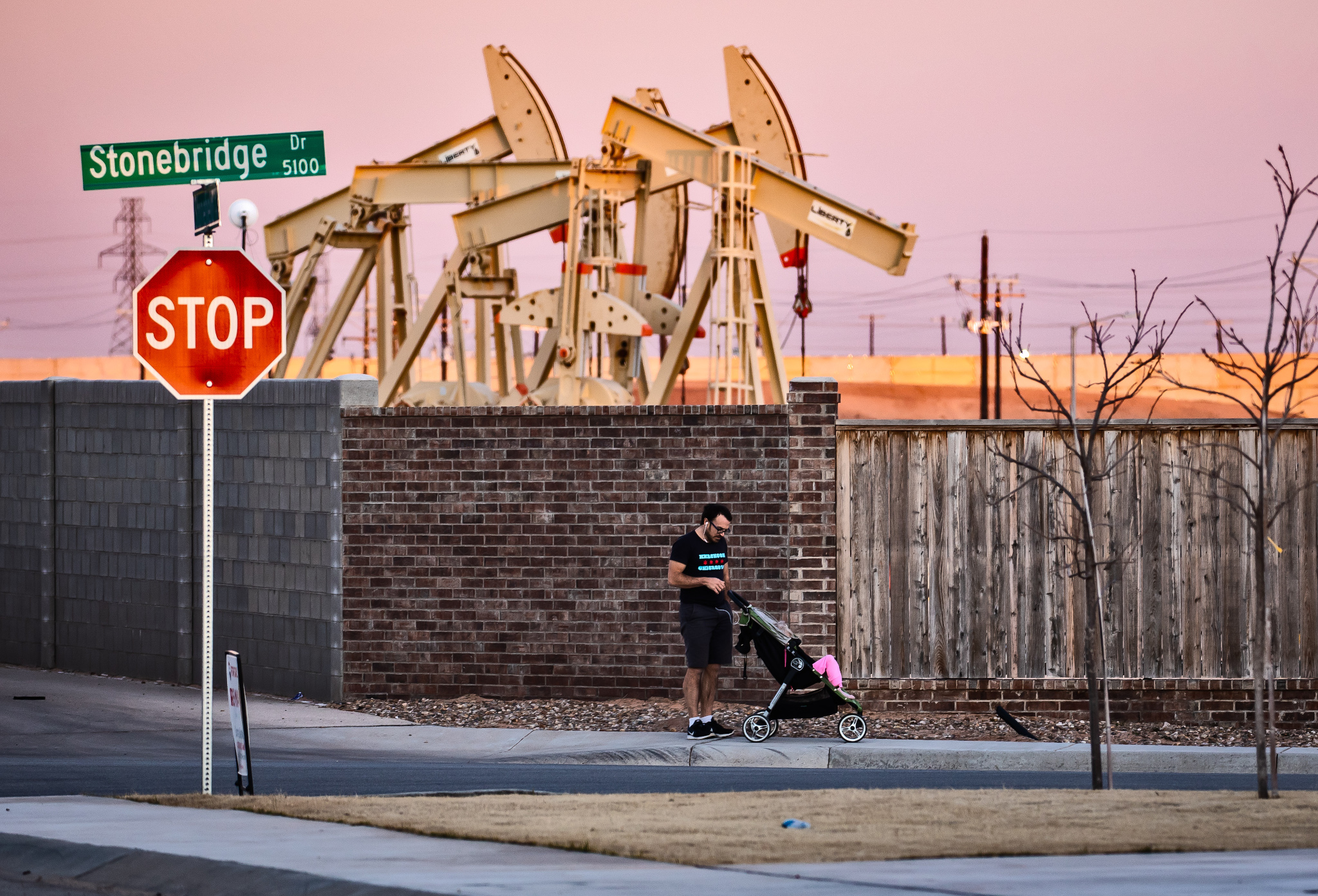
Guyana Offshore
ExxonMobil’s deepwater drilling off the coast of Guyana is threatening the South American country. Guyana is one of the world's countries most endangered by rising sea levels. 80 percent of the 791,000 inhabitants live on a dip of land 1.8 m (5.1 ft) below sea level. In times of global warming and rising sea levels, a range of oil companies including ExxonMobil, CNOOC and Hess, is developing oil projects in Guyana.
Enbridge's Line 3 and 5 Pipelines
The Line 3 tar sands expansion pipeline in Minnesota is a catastrophe for the environment. At CAD 7.5 billion, the Line 3 expansion is the largest capital project in Enbridge's history. Indigenous groups and local activists have been fighting the pipeline for 8 years. They condemn the pipeline’s dangerous route through Minnesota’s sensitive rivers, lakes and tribal lands. Enbridge also wants to breathe new life into its Line 5 pipeline.
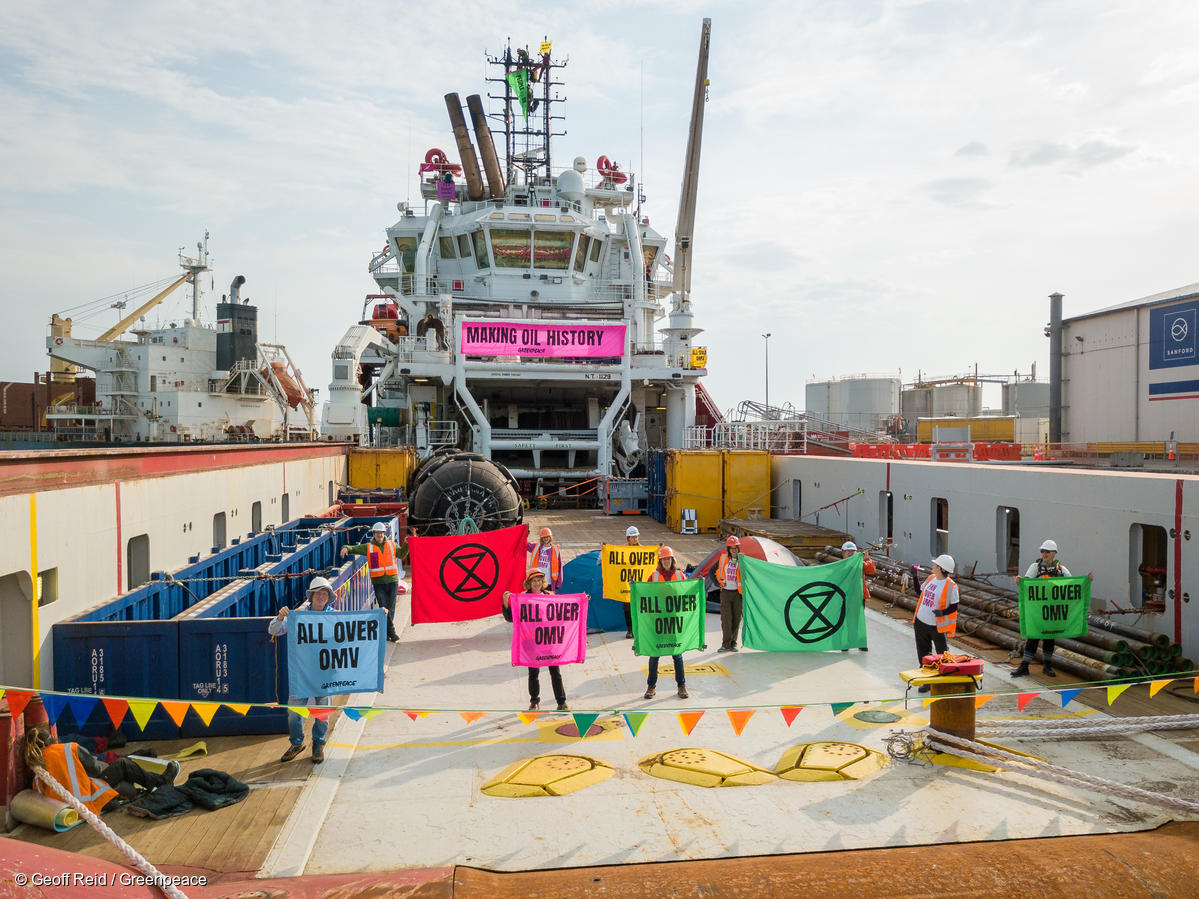
OMV Spying on Climate Activists
OMV has paid private investigation firms to spy on climate activists and major environmental NGOs in New Zealand and Austria. The oil giant received daily information about their protest plans against the oil industry.
Amazon Oil and Gas Drilling: A Toxic Legacy
There is no climate stability without the Amazon Rainforest. In the age of bushfires and species extinction, companies are extracting oil all across the Amazon biome. With their projects, the oil companies are pushing the rainforest and its people to the brink.
Read more
Nord Stream 2
Nord Stream 2 is the perfect example of what happens when geopolitical gambles for cheap fossil fuels go wrong. After it was completed in 2021, Nord Stream 2 never went into operation. Today, the pipeline is dead. A geopolitical ruin now physically damaged, it is unlikely to ever pump Russian gas to Europe.
Oil Production in Xinjiang, China
Sinopec, CNPC, PetroChina (subsidiary of CNPC), CNOOC and Brightoil are entangled in the repression of the Uyghur people in Xinjiang, China.
Goldboro LNG
The story of Goldboro LNG is a success story for activism and coordinated pressure against needless oil and gas projects.
Alberta Tar Sands
Alberta's tar sands oil extraction is one of the dirtiest projects on Earth. The extraction area is larger than England. If all of Alberta's tar sands oil were burned, global temperatures would rise by 0.4 °C. This alone would take our world beyond the critical 1.5 °C limit.
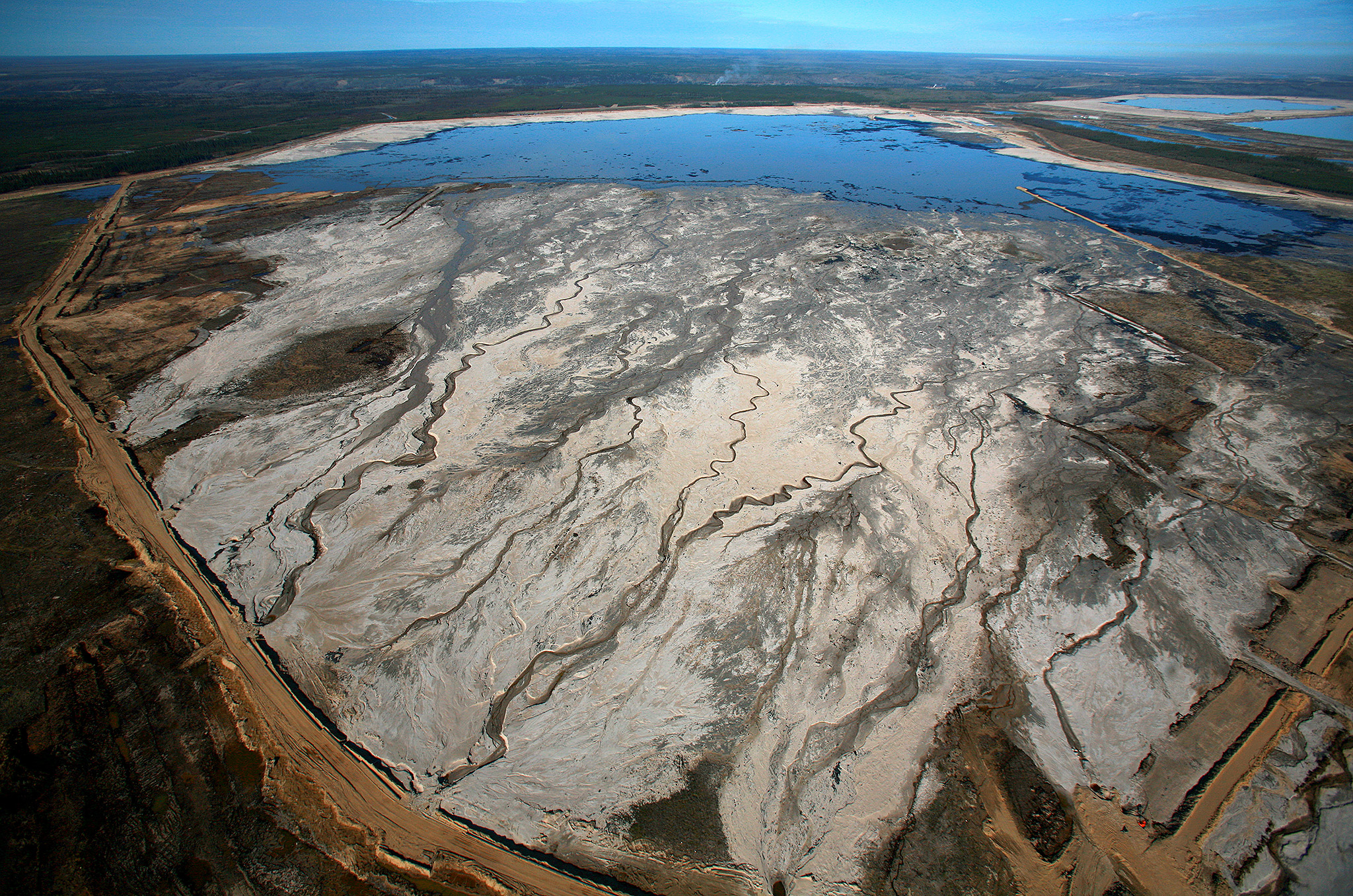
Oil and Gas Companies are Financing Myanmar’s Military Junta
After ten years of democratic reforms CNPC, PTTEP, Posco and other oil and gas companies are once again financing Myanmar’s military junta. According to U tun Win, former Member of Parliament, and national and international NGOs, the generals in power are using this gas money to buy weapons to kill the people of Myanmar.
Coastal GasLink Pipeline
TC Energy’s fossil dreams are violating Indigenous people’s human rights and destroying their land. The Canadian pipeline giant is building the 670 km (420 mi) Coastal GasLink Pipeline through the traditional lands of the Wet‘suwet‘en people in Western Canada. TC Energy never got permission from the Wet‘suwet‘en to take their land and put a pipeline on it.
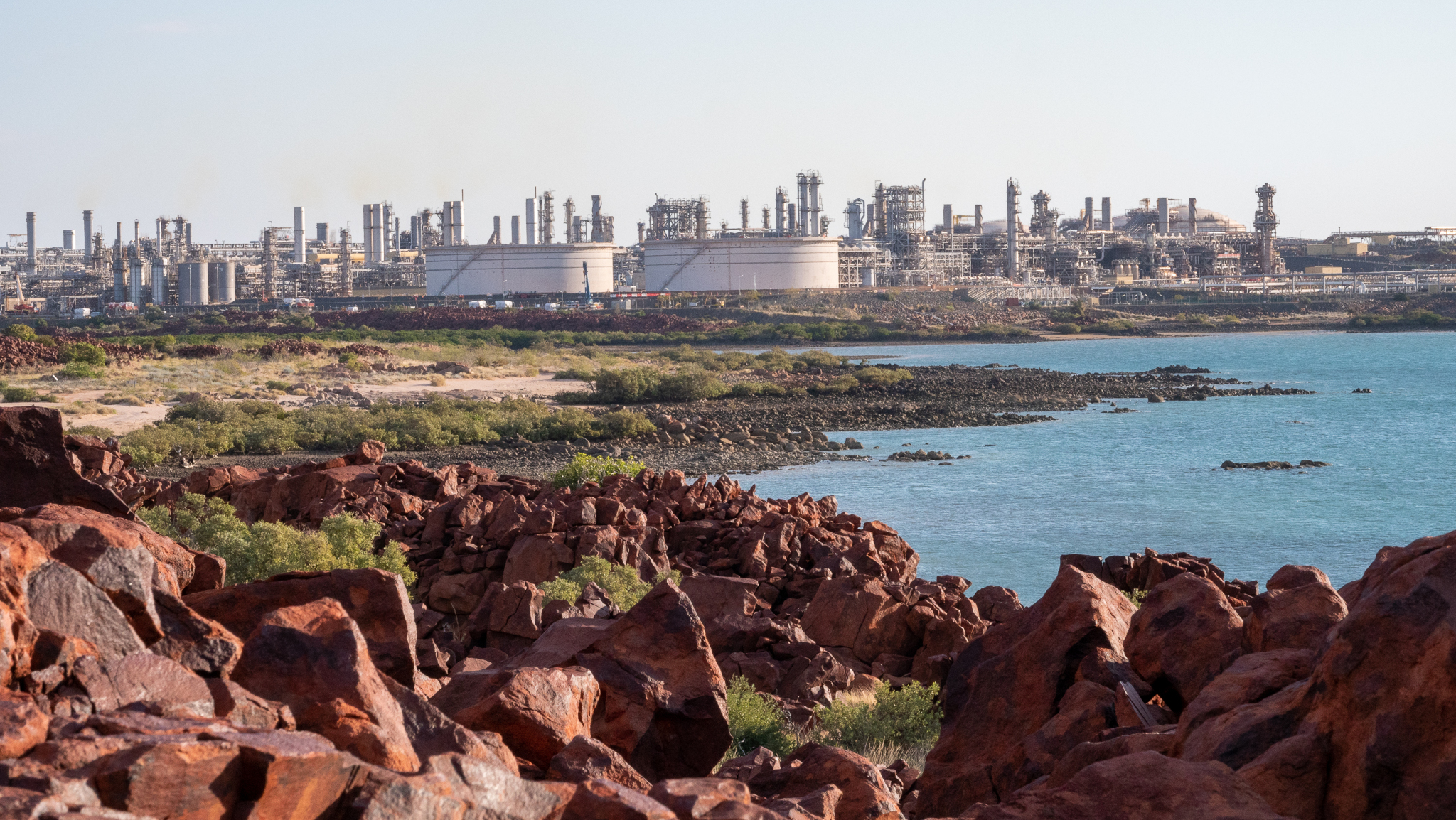
Scarborough Gas Field and Burrup Hub
If not stopped, a gas project with a 50-year life span will destroy 40,000-year-old Aboriginal rock art. The project also threatens dolphins, whales and colorful coral reefs. In Australia’s remote North-West on the Burrup Peninsula, the Australian company Woodside wants to start up the country’s most emission-heavy new fossil fuel project: Burrup Hub.
Vaca Muerta
Oil and gas companies are wrecking the region of Northern Patagonia in Argentina for the gigantic Vaca Muerta fracking project. Numerous companies are turning the region into a sacrifice zone the size of Belgium. The companies are destroying the environment, poisoning the people and fueling the climate crisis.
Tilenga/Kingfisher Oil Fields and East African Crude Oil Pipeline
TotalEnergies and CNOOC are sensing big money in Uganda. The companies want to produce oil in the country, and pump it all the way through savannahs, swamps and tropical forests to the Tanzanian coast. To make space for the wells and the pipeline, TotalEnergies and CNOOC are forcing more than 100,000 people off their lands. At the same time, the oil giants are destroying the homes of elephants, lions, leopards, and giraffes.
Trans Mountain Pipeline Expansion
With the Trans Mountain Pipeline Expansion (TMX), the Canadian government brought a dying fossil fuel project back to life. The TMX project was so unpopular among Canadians that Texas-based fossil fuel company Kinder Morgan abandoned it. The Canadian government could have dropped the project too. Instead, it decided to step in. The government-owned Canada Development Investment Corporation (CDEV) bought the project in 2018. With taxpayers’ money, it prevented TMX from dying on the shelves.
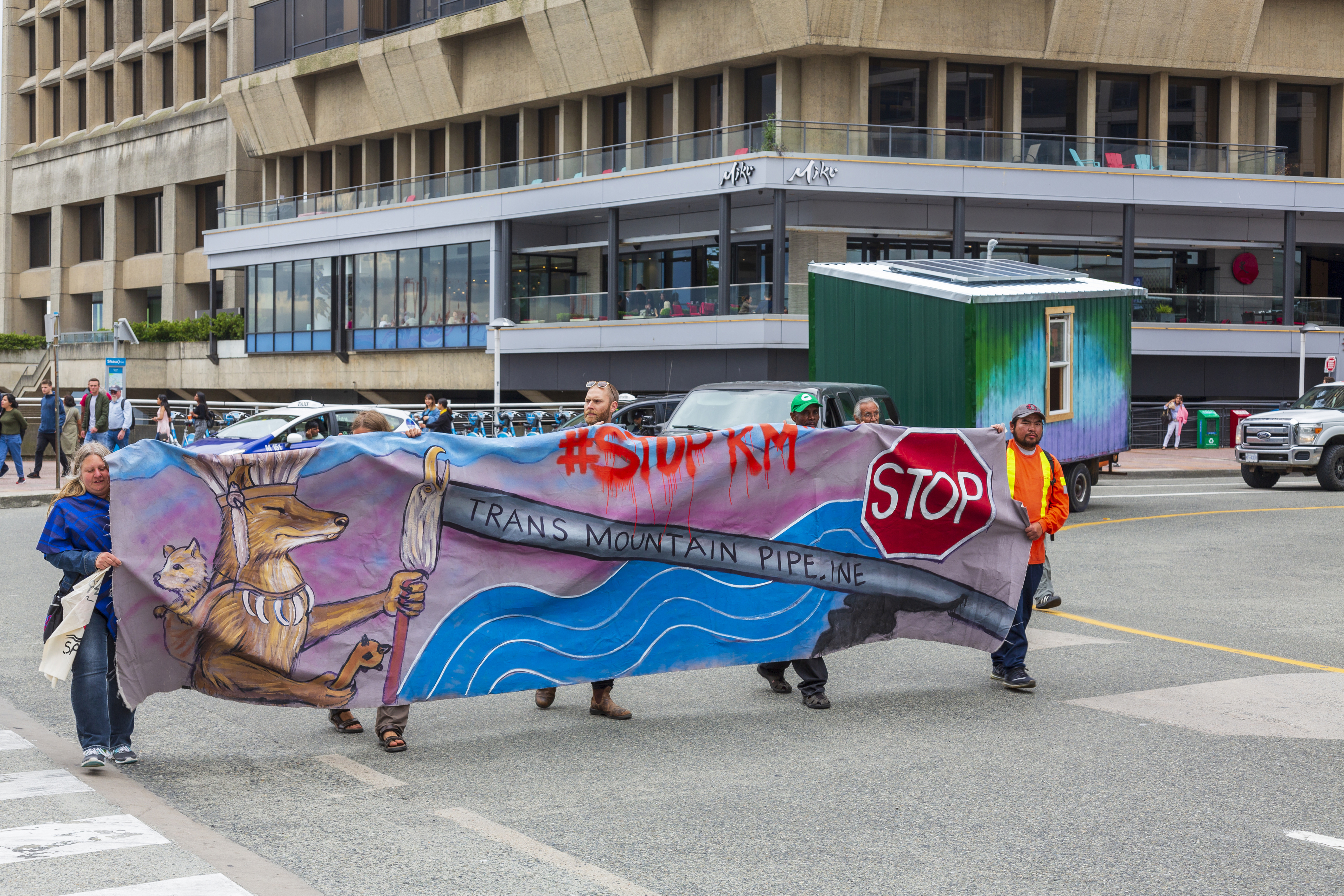
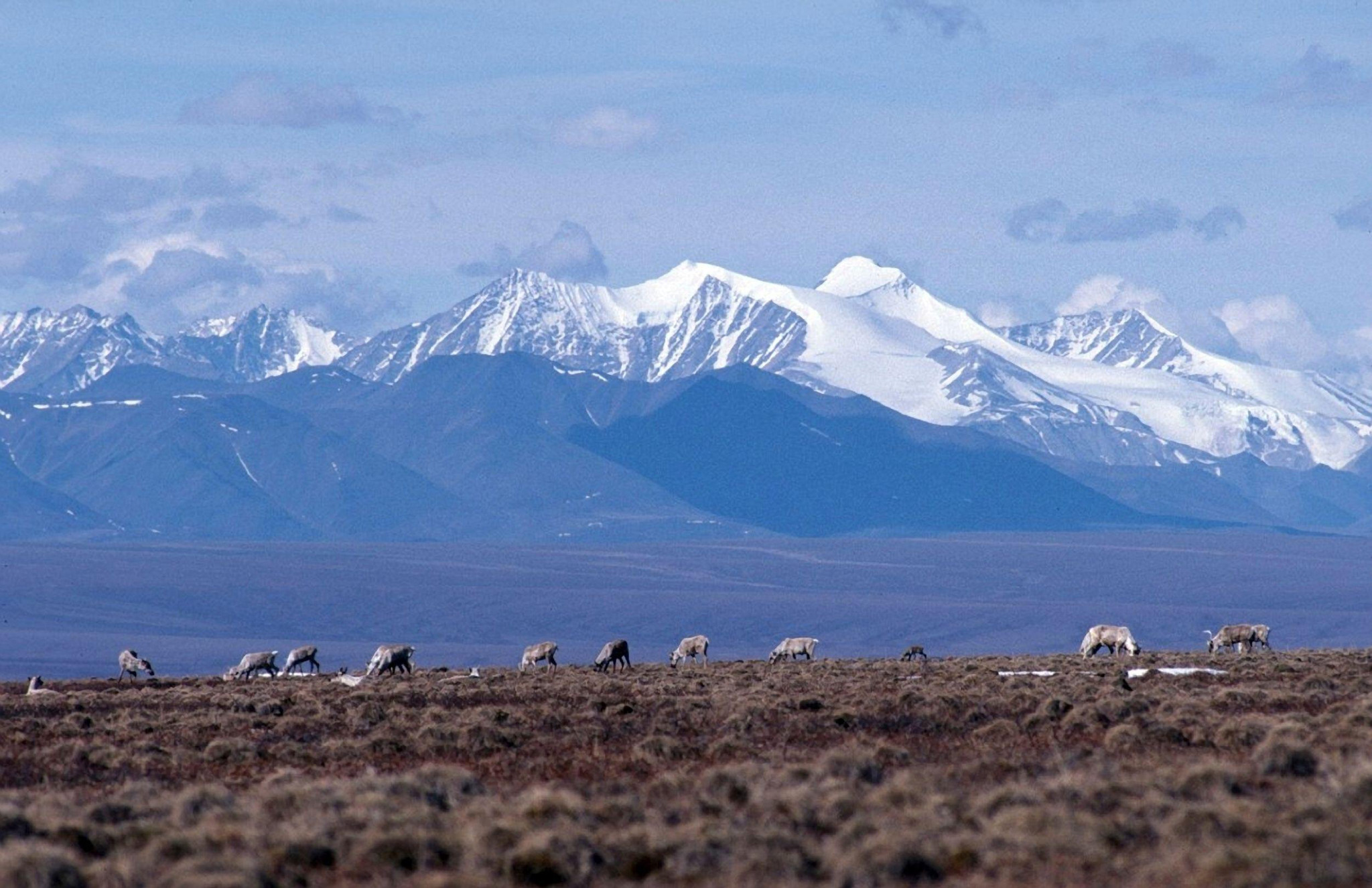
Arctic National Wildlife Refuge
Keeping oil and gas companies away from the most sensitive areas of Alaska is a constant battle. For now, big oil and gas companies are leaving the plains and waters of the Arctic National Wildlife Refuge in Alaska alone. However, the State of Alaska is determined to turn large parts of the Arctic landscape into an oil and gas extraction site. The current peace is fragile for the animals and people living in the Refuge.